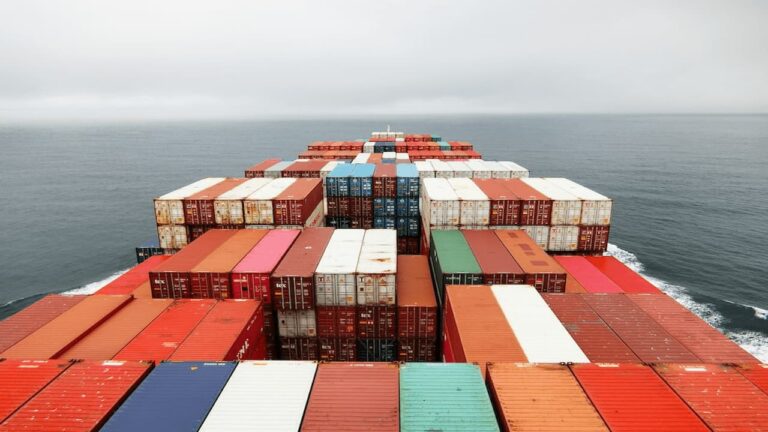Everything that clients and staff use or consume in business comes from somewhere. From equipment and furniture to bar supplies, restaurant supplies cover almost every aspect of your company. If restaurant businesses are not prepared, this could result in a big margin of error.
A restaurant business might succeed or fail based on the caliber of the goods and wholesale restaurant food supplies you work with and how you handle them. Before the doors even open, overpriced materials might devastate your financial situation. On the other side, skimping on quality might ruin your reputation and drive buyers away in search of a product of a higher caliber. Finding the ideal compromise between cost and quality might be essential to your company’s success.
Do your research beforehand. Determine your needs before making any large purchases. Create a budget after you know what you need and how much it will cost. There are a few crucial points that should be kept in mind when assessing wholesale restaurant food suppliers.
Product diversity and reliability
Because these elements have the greatest effects on your bottom line, product consistency and diversity are at the top of the list. You won’t be able to satisfy some orders if a supplier can’t provide your requirements or if those ingredients don’t meet your quality standards. It will result in unhappy consumers and lost sales.
Alternatives available
If you’re confused between two food suppliers, the availability of substitutes may be the determining factor. It’s impractical to assume that your suppliers will always be able to provide you with what you require, especially in light of the possibility of regional, national, or even international ingredient shortages. However, what they can offer when the unexpected occurs may be crucial.
Special requirements
Your specialized requirements for ingredients, cooking implements, or tableware may also have an impact on your choice of food suppliers.
There may only be a small number of providers with what you require, but that does not imply you must use just one of them. Maybe you get your meat from one supplier and your produce from another. Just be aware of the minimal specifications for each supplier.
Delivery routine
The frequency of deliveries is the final important factor to consider when evaluating food suppliers.
More frequent delivery is best if your storage space is restricted. Local providers don’t have as much selection, but smaller, local suppliers may typically supply more regularly than larger wholesalers.
What are the different types of wholesale restaurant food suppliers?
There are many different food providers available to meet the needs of various sorts of restaurants.
- National wholesale suppliers
National wholesale suppliers are the type of food suppliers you’re most likely to encounter.
These providers offer a wide range of products, including meat, dry goods, fruit, cleaning supplies, and paper goods. Smaller restaurants may only receive supplies once a week, however, as larger suppliers frequently give priority to deliveries to their most important customers.
- Local farmers
Restaurants and regional farmers can collaborate directly. These vendors are significantly more likely to give you special treatment than the big-name wholesalers, and it’s a lot simpler to get regular delivery.
- Local speciality shops
One aspect of your cuisine may fall a little outside of your comfort zone. In this situation, it would be beneficial to get in touch with local specialty stores that could meet this demand. By including their products on your menu, local businesses with strong ties to the neighborhood. Partnering with these vendors allows you to combine the best of each world because they are extremely talented in their areas of expertise.
How can one choose the best supplier?
- Create a menu. Calculate the precise quantities of each ingredient you’ll need for each dish and the rest of the equipment and supplies you’ll require to run your restaurant.
- Sort your products into groups. You can determine the kinds of suppliers you need by grouping your list of materials and supplies into larger groups.
- Find out how much you may purchase in bulk. Your choice of supplier and the size of your orders is influenced by the storage space.
- Find regional and international suppliers, and request pricing, payment arrangements, and sample products. Make sure you comprehend any vendors’ requirements before committing.
- Get a bank account. It frequently entails a credit check, giving details about your restaurant and other information.
https://www.abmantra.com/category/travel-and-tourism/
Conclusion
Since most of the products used in the restaurant sector are highly perishable, your company needs full-spectrum Restaurant Food Suppliers to plan to keep up with demand. Examine your supply requirements, then visit vendors and offer them the best food service rebates to build good relations with them.

Dilip is a digital marketing veteran with over 6 years of experience. During that time, Dilip has helped multiple companies to grow their traffic and revenue through creative content. He has created high quality content in different niche such as Technology, News, Festival, Gifting, Ecommerce, Finance, Fashion, Lifestyle, Travel and many more industries.



